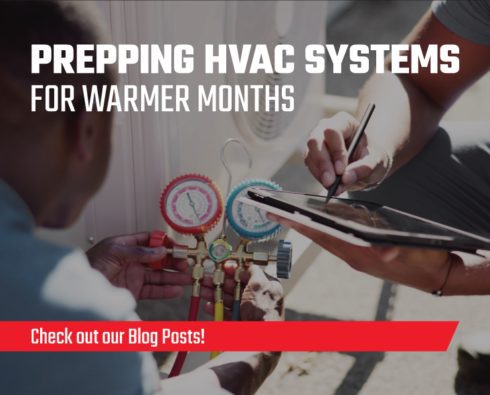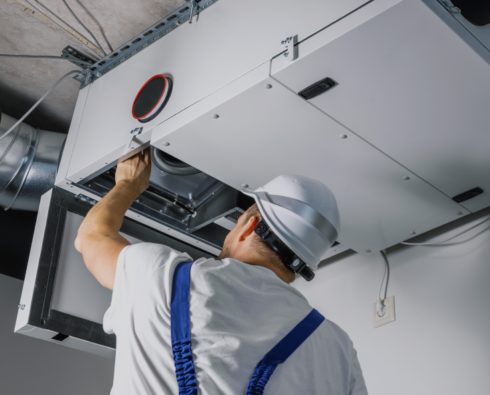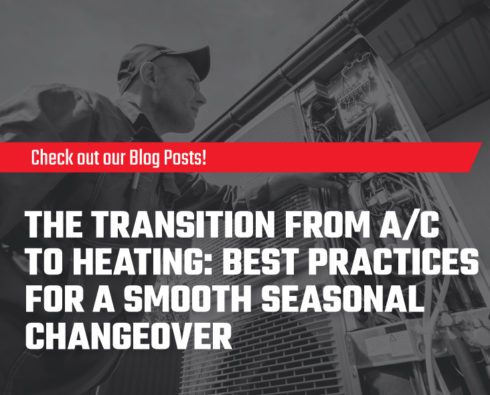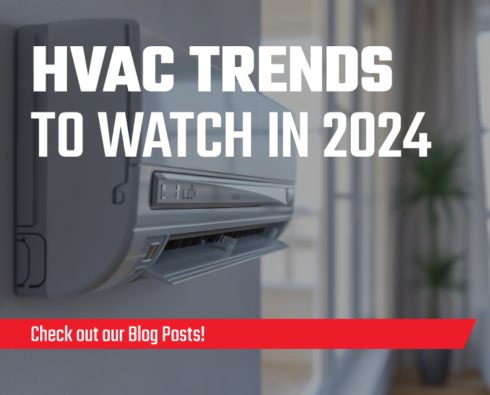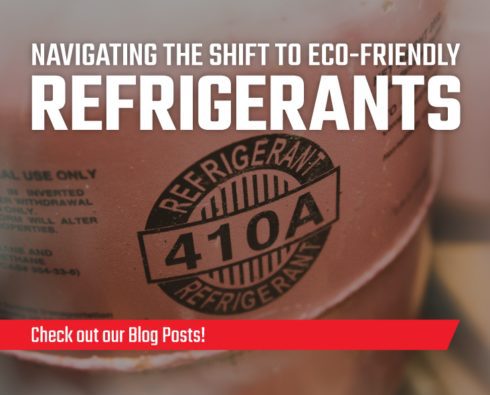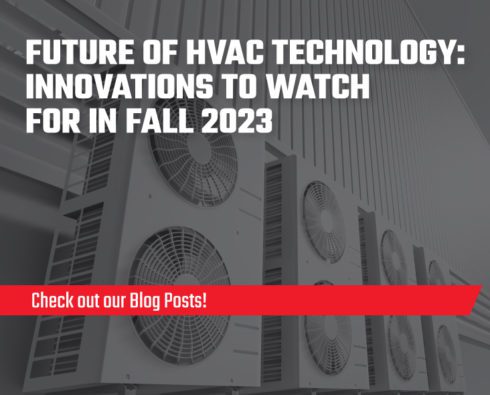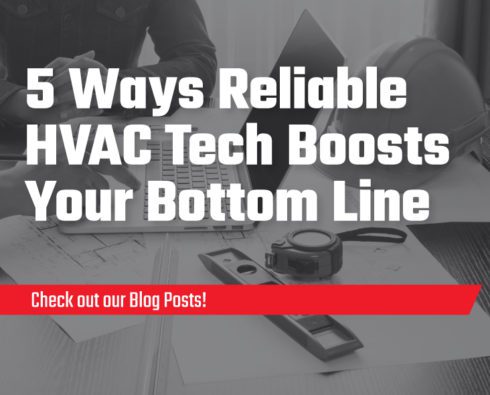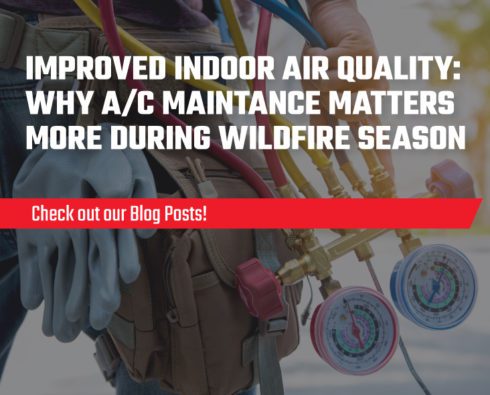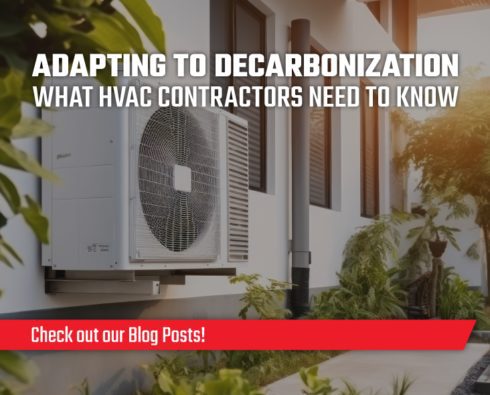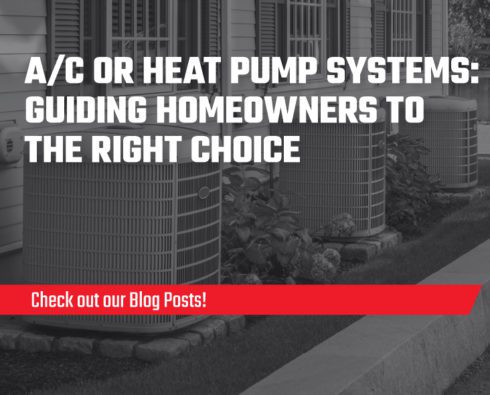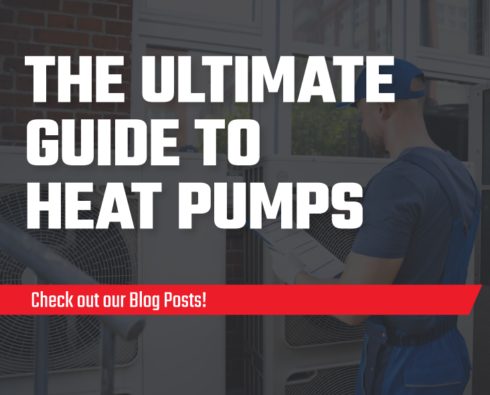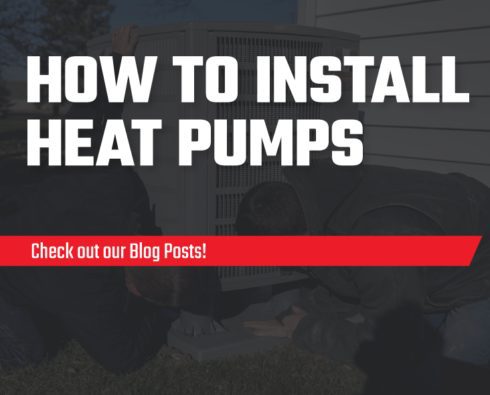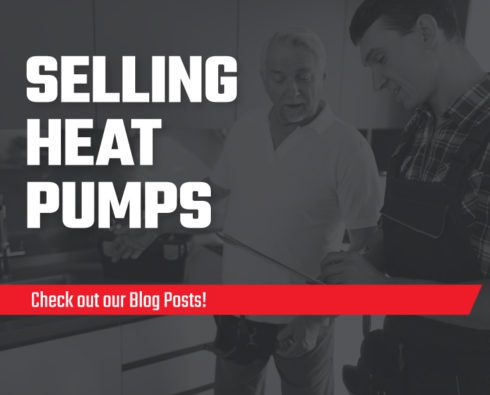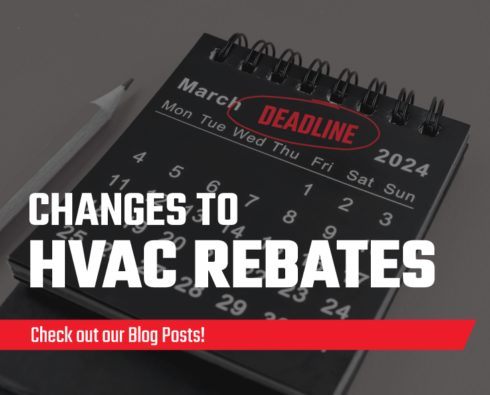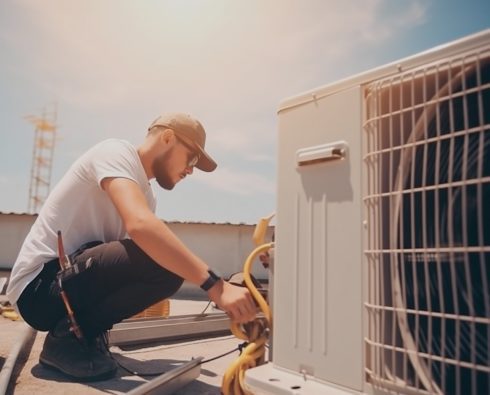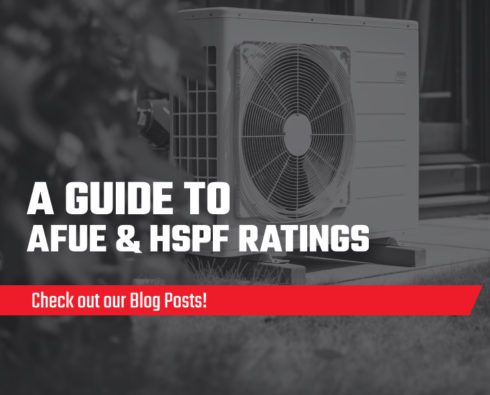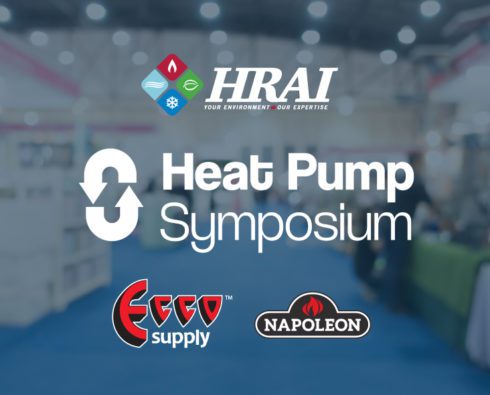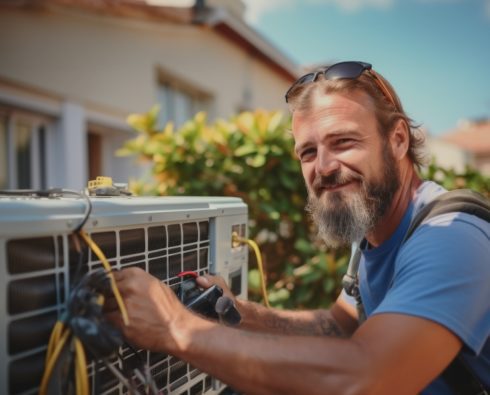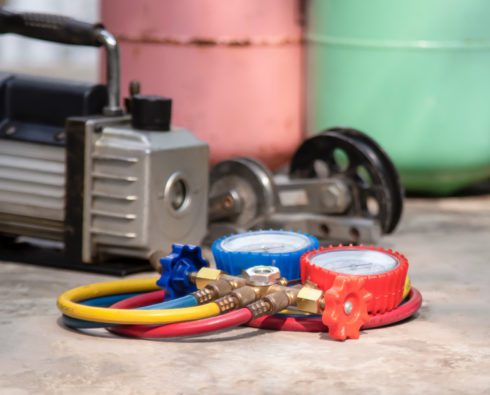
Why Heat Pumps Should Be in Every HVAC Dealer’s Catalogue
As homeowners become more energy-conscious and governments intensify their efforts to curb carbon emissions, heat pump technology has emerged as an attractive, eco-friendly solution for residential heating and cooling.
If you’re an HVAC dealer, heat pumps are a growth category you can’t afford to ignore. Adding heat pumps to your product mix can help you stay ahead of market trends, increase your sales, and even boost your profit margins.
Making heat pumps an easy sell
Homeowners—and by extension, contractors—are increasingly interested in learning more about heat pumps. This is largely driven by eco-conscious initiatives and promotional campaigns highlighting the efficiency and long-term cost savings of installing heat pumps.
As an HVAC dealer, that means potential customers are looking for reasons to choose a heat pump system over traditional heating and cooling options. This makes it much easier to up-sell the benefits of heat pump technology.
Why contractors love heat pumps
Whether they specialize in new home builds or retrofits, contractors love heat pumps because they can deliver a significant boost to their own bottom line.
Installing a ducted heat pump system takes roughly the same time as installing a ducted air conditioning system. They can also be added to work alongside an existing gas-fired furnace, providing supplemental heat in the winter and cooling in the summer.
Ductless heat pump systems, meanwhile, can be installed quite quickly as well, making them a great option for retrofits in home’s that don’t have existing ductwork.
So while the installation time for heat pumps is typically comparable to or even shorter than installation times for AC systems, heat pump equipment is considerably more expensive upfront. That means contractors can make more money per installation.
Why homeowners love them
Modern heat pumps are robust, efficient, and surprisingly adept at performing even in cold temperatures—a fact that often takes homeowners by surprise. While older heat pump models may have struggled to provide adequate heat in colder climates, heat pump technology has improved considerably.
Today’s heat pumps are as much as 300% more efficient at heating than electric baseboards and 50% more efficient at cooling than a window AC unit. They provide more efficient heating with the added bonus of providing full-home air conditioning.
This dual functionality makes heat pumps an attractive option for homeowners who want to reduce their energy consumption while saving on their utility bills.
Taking advantage of government rebates
In each province across the country, government rebates are available for homeowners who install energy-efficient systems like heat pumps. These rebates significantly lower the initial costs of installation, making heat pumps an even more attractive option for homeowners.
As an HVAC dealer, promoting the availability of these rebates can help sell customers on heat pumps by mitigating the up-front costs.
The higher cost of heat pump systems can boost your sales and profit margins while also supporting the transition to more sustainable heating and cooling solutions.
Common objections to heat pumps (and how to overcome them)
Despite their benefits, misconceptions about heat pumps still persist. And while most of these views are based on outdated technology, they can hamper a dealer’s attempt to sell heat pumps to a contractor or a contractor’s attempt to sell a heat pump to a homeowner.
Objection #1: Heat pumps don’t work in extreme cold.
While it’s true that older models of heat pumps were mostly designed to operate in milder climates, such as Canada’s west coast, today’s heat pumps have been designed to perform efficiently even under more extreme conditions. Many models deliver optimal heating even in temperatures as low as -30°C.
For customers residing in regions where temperatures frequently plunge below -30°C, a dual fuel/hybrid system that pairs a heat pump with a gas furnace is a popular option that delivers a mix of efficiency, supplemental heating, and resiliency—since the homeowner isn’t relying solely on one system.
Objection #2: Heat pumps aren’t as effective as air conditioning systems.
When sized and installed correctly, a heat pump is as effective at cooling a home as an air conditioning system. Heat pumps in cooling mode operate more or less the same way air conditioning systems do. Heat pumps use a similar refrigeration cycle as air conditioners to remove heat from inside the home and expel it outdoors.
In cases where a contractor or homeowner has personal or anecdotal experience with a heat pump that isn’t cooling a home, it’s important to emphasize the role that sizing and installation play in effectiveness.
Bottom line
By adding heat pumps to their product mix, HVAC dealers can take advantage of a growing market trend driven by homeowner interest and government rebates.
HVAC dealers are in a prime position to educate contractors on the benefits of heat pump installations—both for their own business model and their customers’ energy costs. By portraying heat pumps as a wise investment that yields long-term savings, dealers can make them a more attractive option to their customers.
